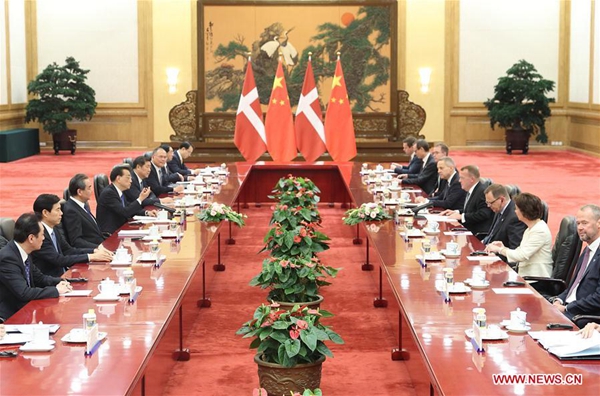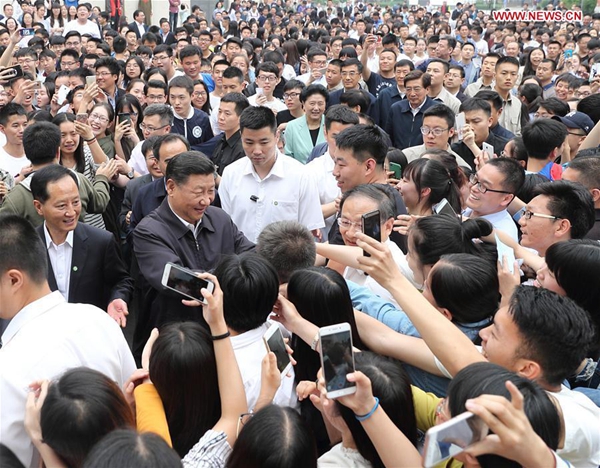China to further promote diversified healthcare
The Chinese government plans to cultivate a large number of competitive private medical institutions to complete a diversified multi-layered healthcare system by 2020, which is expected to meet growing demands for customized services.
The target was set in a guideline that encourages private businesses to provide diversified medical services, which was approved at a State Council executive meeting presided over by Premier Li Keqiang on Wednesday.
Encouraging private medical services is vital to developing a prosperous healthcare industry, unleashing the potential for domestic consumption and promoting economic restructuring and upgrading, the guideline said.
The premier said that the necessity to develop healthcare industries cannot be overestimated. Healthcare has great potential as people’s lives are getting better, but is still in short supply. The key is to transform governmental functions and push forward administrative reforms, he said.
As one of the document’s seven key tasks, the guideline eyes private businesses to set up and operate high-quality general clinics, which will offer customized services.
Support will be given to the private sector to create strongly competitive institutions with their own branding in subfields such as stomatology. The advantage of traditional Chinese medicines (TCM) should be fully utilized to offer services such as TCM-based healthcare and rehabilitative services.
The guideline encourages private medical institutions to provide services featuring advanced medical technologies. Customized services will be enhanced to offer value-added and ancillary services such as long-distance diagnoses. Business models integrating different sectors, such as medical services and nursing homes for seniors, will be promoted.
The guideline also aims to build industrial clusters for healthcare industries that meet high-end demands in and outside China.
The healthcare market will be further opened up with lower threshold of access as private medical institutions will be supported to introduce strategic investors and partners, and forge cooperation with public hospitals to boost diversified services, the guideline said.
In addition, the document envisages foreign investors as partners to establish high-level medical institutions in China through joint ventures and other forms of cooperation. China is open to overseas professionals, medical technologies, management experiences and operation models.
Premier Li called for making full use of the market dynamics to nurture an environment for different medical institutions to grow, compete and prosper. Private businesses will be encouraged to enhance the supply of healthcare products and services that cater to people’s diversified demands, he added.
Since the start of a new round of medical reform in 2009, the State Council has been working to boost enthusiasm and participation of private businesses with a slew of guidelines, including one that encourages private capital to enter the healthcare sector in November 2010.
In March, the central government promulgated another guideline to further promote participation of private businesses in areas such as medical services.
The premier said the central government has emphasized equal treatment for state-owned and private capital. He called for pragmatic measures to invigorate the enthusiasm of private businesses to participate in remedying shortcomings in these fields.
Wednesday’s meeting also approved another guideline, which aims to develop a system of health and medical tourism by 2030.

